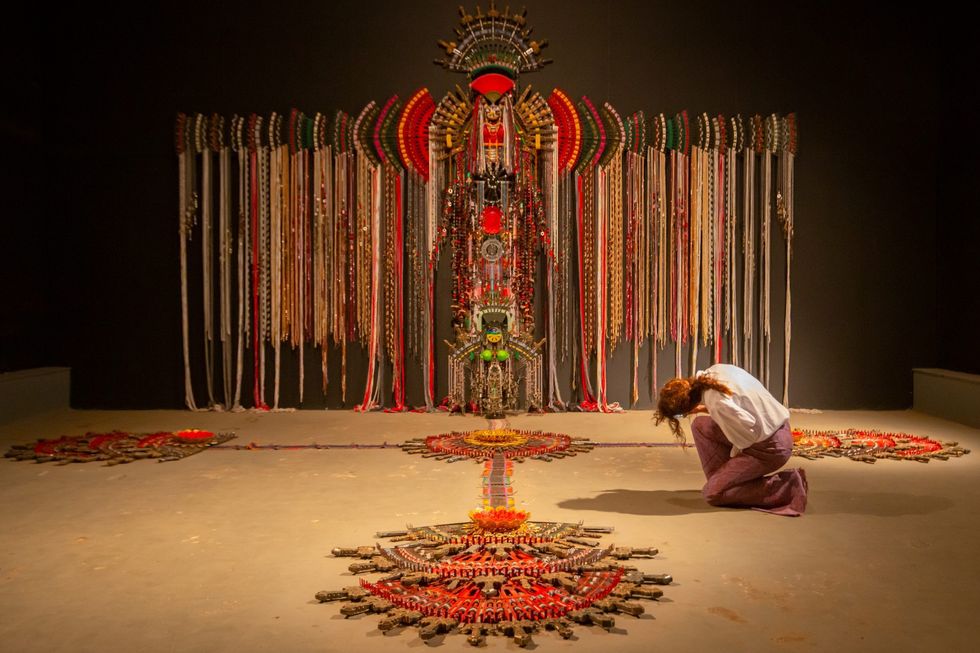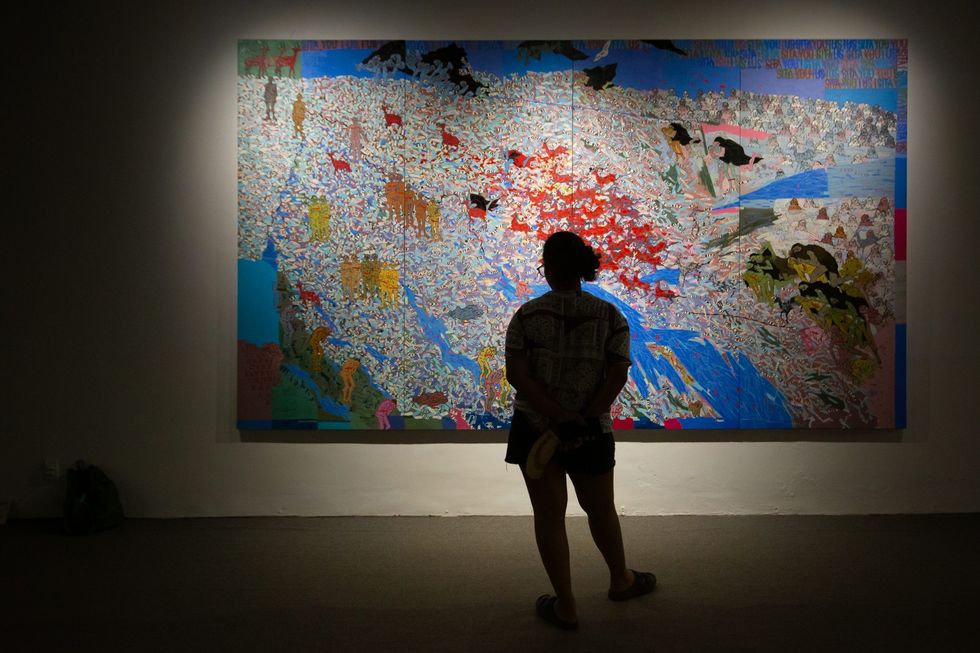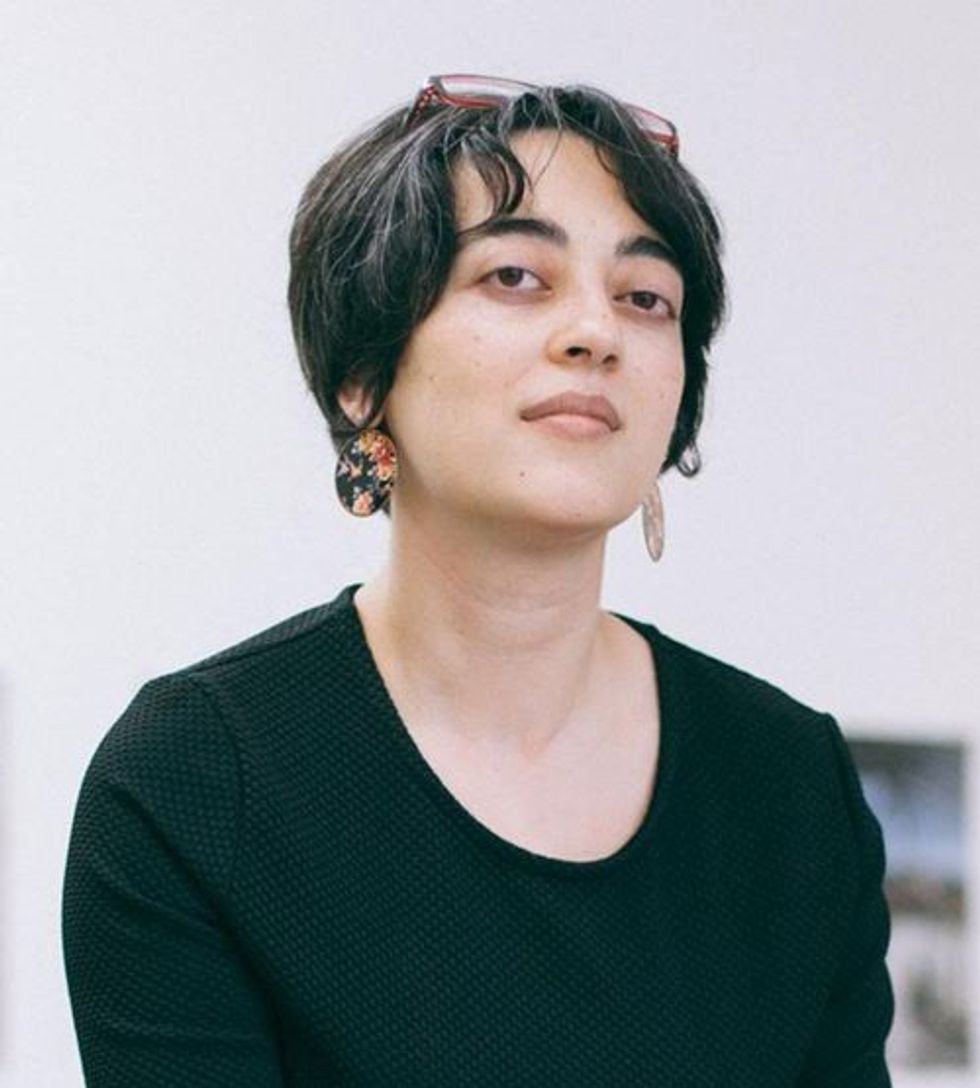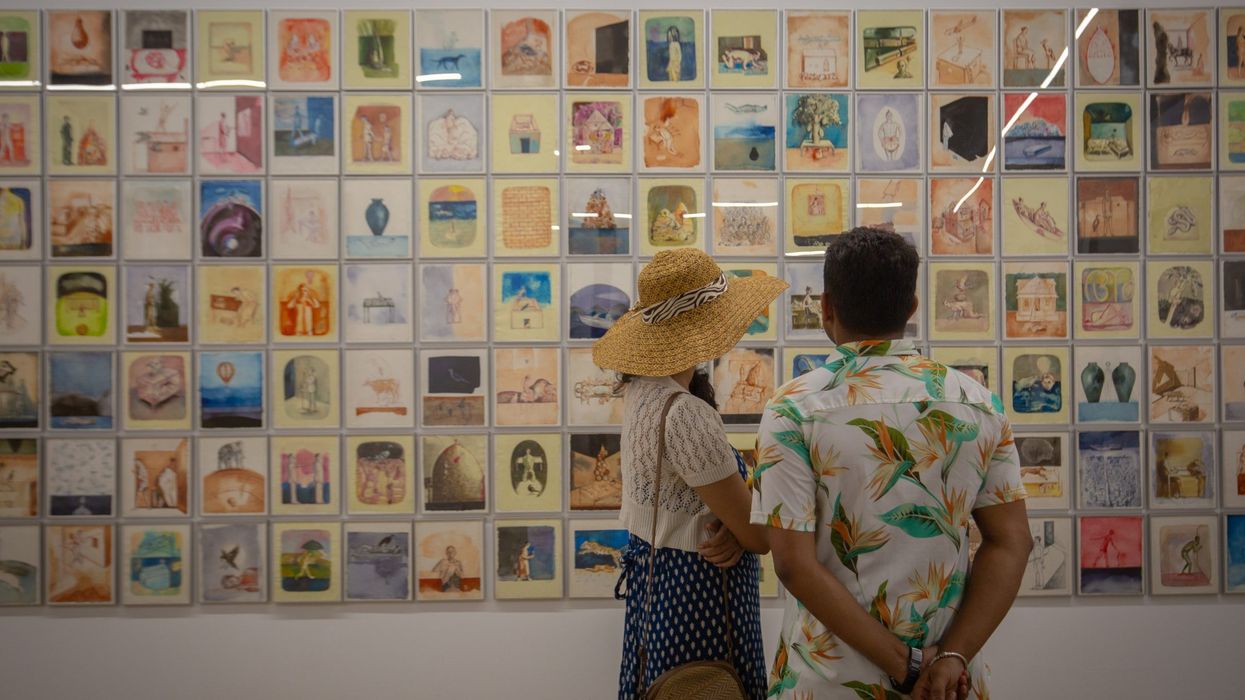The Kochi Muziris Biennale 2022-2023, a renowned biennial international contemporary art exhibition, spans four months on Fort Kochi Island in Kerala, India. This is the country's largest contemporary art exhibition, occurring biennially in Fort Kochi. The fifth edition of the Kochi-Muziris Biennale which started from December 12, 2022 will run up to April 10, 2023.
As India's inaugural biennale, the Kochi-Muziris Biennale showcases works by artists from across Asia and the globe, encompassing various media such as film, installation, painting, sculpture, new media, and performance art.
The exhibition takes place in established galleries and halls, as well as public spaces, historic buildings, and abandoned structures across Kochi, the Muziris region, and adjacent islands.

The event aims to celebrate contemporary art from around the world and to honour the cosmopolitan legacy of the modern city of Kochi and its legendary predecessor, the ancient port of Muziris.
In addition to the exhibition, the Biennale offers a diverse range of events including talks, seminars, screenings, music, workshops, and educational activities for students of all ages.
The installation "The Politics of Skin and Movement" by Mumbai-based artist Amol K Patil portrays a body with a hand and two feet connected only by a line, a representation of any person's limbs. However, the mixed media artwork specifically addresses the segregation experienced by marginalized communities based on their caste. It raises questions about their freedom of mobility in society.
The installation exemplifies the theme of the fifth edition of the Kochi-Muziris Biennale, "In Our Veins Flow Ink and Fire", curated by Singaporean writer-artist Shubigi Rao. The exhibition showcases pieces from 90 artists across the globe.

The title of the show, derived from one of Rao's previous works, reflects on the tension between the human desire to create and express oneself and the impulse to suppress and destroy that expression.

According to Rao, community action can counteract repression and silence. This sentiment is exemplified by Vietnamese artist Thao Nguyen-Phan's work "Solar Noon", which sheds light on the destructive consequences of sand mining on the Mekong River. Nguyen-Phan uses the image of Brise Soleil, a common architectural feature in Southeast Asia, to highlight the high cost of modernity.
Meanwhile, artist Treibor Mawlong's woodcut work "The Transformer" depicts men carrying a load down a steep slope, offering insight into daily life in his hometown of Mawbri and emphasising the connection between humanity and ecology.
The village of Mawbri, with around 50 households, exists in isolation, largely insulated from the outside world. The community's livelihoods are centred around plantations, where they cultivate crops like bay leaf, long pepper, orange, and areca nut. Mawlong draws inspiration from his hometown to create comic books that depict the people of Mawbri and their strong relationship with nature.
Through his work, Mawlong helps the community's way of life resonate with audiences far beyond the Northeast region of India.
Rao states that artists can create regionally specific works that are still universally understood. This is exemplified in the works of artists such as Zhanna Kadyrova, who repurposes river rocks into bread loaves in her installation Palianytsia.
The piece not only speaks to her personal experience fleeing her home during the Russia-Ukraine conflict, but also to the historical tensions between the two countries.
The word "Palianytsia" is a Ukrainian word for hearth-baked bread, but it is also difficult for Russians to pronounce correctly, which serves as a way of separating the "aggressors" from the locals.
The biennale has always been a collaborative effort, with local volunteers working together to create the extensive exhibition. However, the fifth edition faced unprecedented challenges.
Originally planned for 2020, travel restrictions made it difficult for artists to create site-specific works, leading to delays and various issues. Frustrations ran so high that the artists wrote an open letter addressing the problems, which included late shipments, venue leaks, unstable electrical supply, and an inadequate workforce.
Rao expresses that her intention for curating the biennale was to build a community of artists, which she believes was achieved. Indian artists who completed their installations stayed to help with the rest of the show, demonstrating solidarity.
She acknowledges the often-unacknowledged efforts of volunteers, production associates, carpenters, and painters, stating that the exhibition's success was due to an incredible community effort both on and off the stage.
The Kochi-Muziris Biennale runs until April 10.




